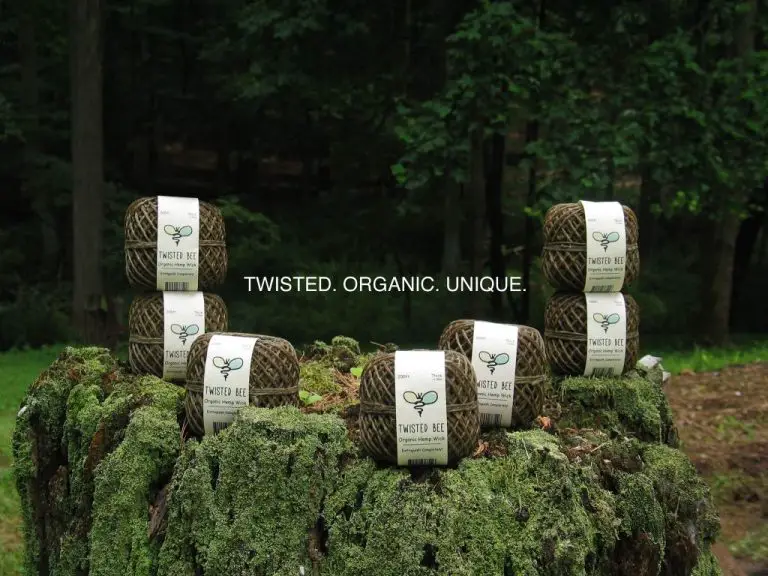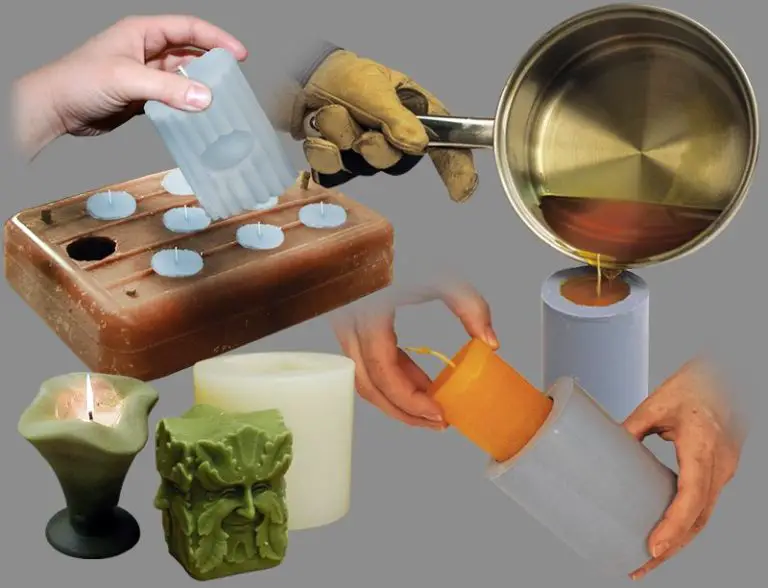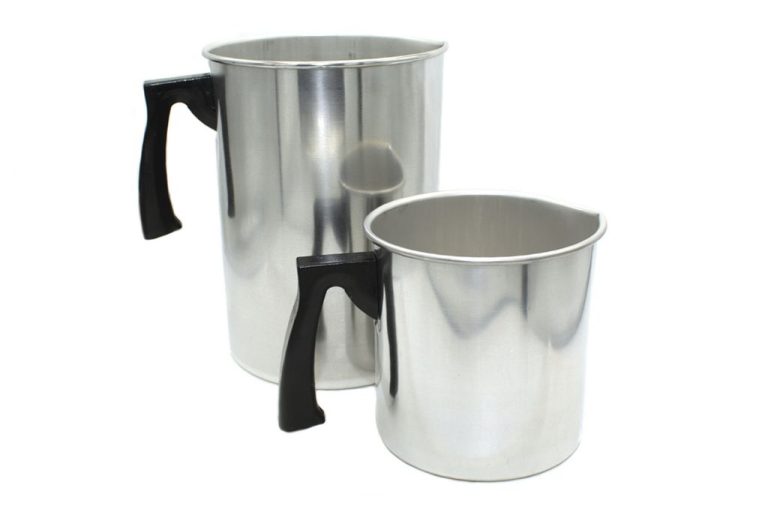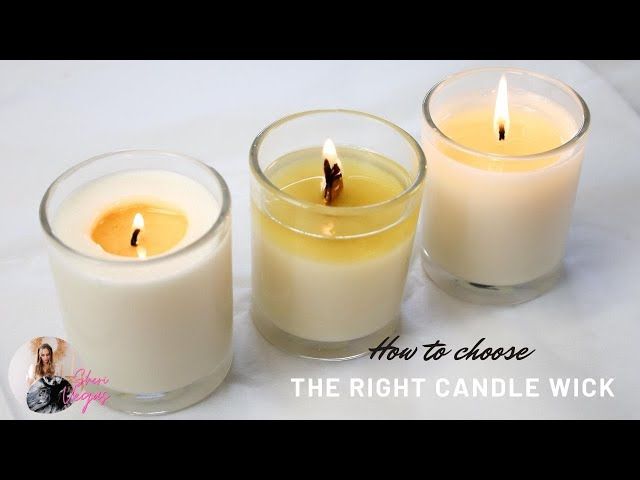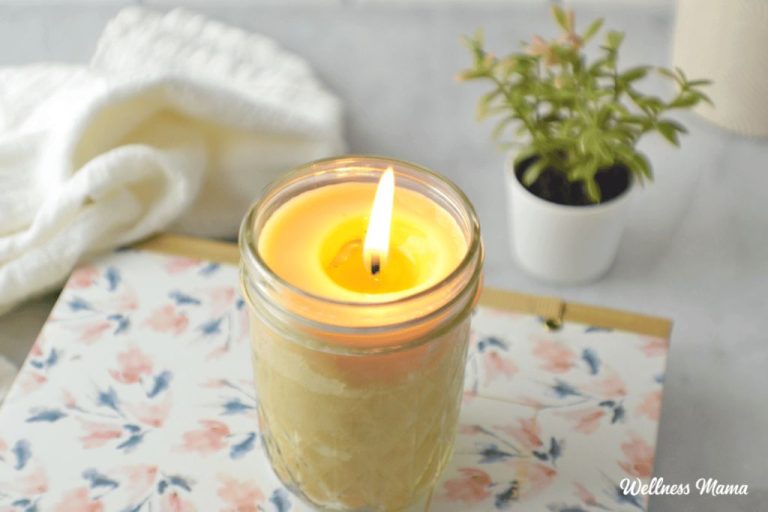Do Essential Oils Work Better Than Perfume?
Introducing Essential Oils vs Perfume
Essential oils are highly concentrated extracts derived from plants such as lavender, eucalyptus, and tea tree. They are made by distilling or cold pressing parts of plants like leaves, stems, flowers, bark, roots, and citrus peels to capture the natural compounds and essences. Essential oils are valued for their therapeutic benefits and natural fragrance.
Perfumes contain essential oils, absolutes, or synthetic fragrance compounds blended with fixatives and alcohol. Their sole purpose is to impart a pleasant scent. Perfumes are highly concentrated and long-lasting fragrances used in a wide range of beauty, personal care, and household products.
While essential oils and perfumes both contain fragrances, essential oils are meant to provide potential therapeutic effects for aromatherapy, skin care, cleaning, and more. Perfumes mainly focus on giving the wearer an attractive scent. However, there is some overlap with essential oils used in perfumes and perfume fragrances adopted for aromatherapy.
How Essential Oils and Perfumes Are Made
Essential oils are extracted directly from plants through processes like steam distillation, cold pressing, and resin tapping. Steam distillation is the most common method, where steam passes through plant material and condenses to produce a concentrated oil. Cold pressing involves mechanically pressing plants to squeeze out the oils. Resin tapping collects plant sap from trees. The oils extracted using these techniques contain the natural fragrances and chemical compounds found within the plants themselves.
Perfumes are created synthetically in a laboratory, allowing for more flexibility and creativity. Perfume makers combine ingredients like essential oils, aroma compounds, fixatives, and carrier substances to design a specific scent. The proportions of ingredients can be precisely calibrated to achieve the desired effect. While perfumes may contain some natural plant extracts like essential oils, the majority of ingredients are synthetic or nature-identical. This provides stability, uniformity, and the ability to replicate scents accurately.
Sources:
https://www.fragrancex.com/blog/fragrance-oils-vs-essential-oils/
https://oneseedperfumes.com/blogs/news/is-wearing-essential-oils-the-same-as-wearing-natural-perfume
Fragrance Strength and Longevity
Essential oils and perfumes differ in how long their scents last when applied to skin or clothing. Perfumes typically contain a much higher concentration of fragrance oils, usually 20-30%, allowing the scent to last longer.
An essential oil blend containing 5-7% oils will provide a noticeable scent for 2-4 hours when applied to the skin. Perfumes formulated with 20-30% fragrance oils can last 4-6 hours or longer before fading.
On clothing, a perfume oil can last 1 or 2 days, while a pure essential oil usually lingers for 4-6 hours before dissipating. The lighter, more volatile compounds in essential oils evaporate quickly, while perfumes contain fixatives that anchor the scent.
To create a long-lasting scent from essential oils, they need to be blended into a carrier oil base at 5-10%. Adding fixatives like vanilla or wood extracts also helps slow evaporation. But ultimately, perfumes are designed to have a more lasting aroma than essential oil perfume alternatives.
Sources:
https://shiora.com.sg/blogs/tips-for-you/using-essential-oils-to-make-your-own-perfume-oils-how-to
https://www.quora.com/Can-I-use-an-essential-oil-as-a-regular-perfume-Will-the-scent-last-long-enough
Health Benefits
Many studies have shown that essential oils can provide a range of alleged health benefits when used aromatically, applied topically, or ingested.
For example, some research indicates essential oils like lavender, lemon, and peppermint may help reduce anxiety, enhance sleep, and boost mood (TreasureHutch.com). Certain oils are thought to act as natural anti-inflammatories and pain relievers as well (BMVfragrances.com).
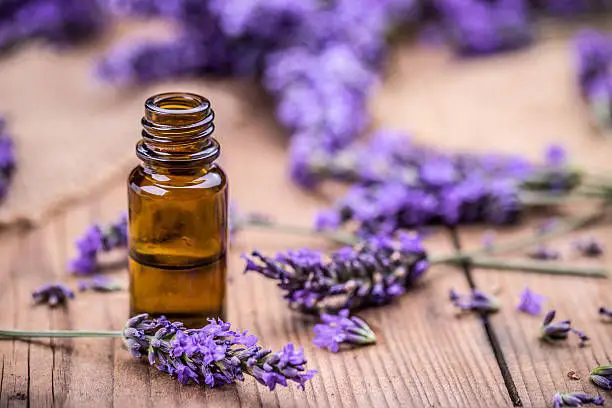
However, the health claims about essential oils are often exaggerated. More research is needed to substantiate many of the benefits.
In contrast, perfume is primarily used for its fragrance and not marketed for any health advantages. While perfume ingredients are rigorously tested for safety, perfume itself does not provide proven therapeutic effects.
Skin Reactions
Both essential oils and perfumes can potentially cause skin irritation or allergic reactions in some people. Essential oils are very potent plant extracts, and many contain compounds like terpenes and phenols that can be irritating, especially for those with sensitive skin
Contact dermatitis is one of the most common skin reactions to essential oils. Symptoms include redness, itching, dry/thickened skin, and blistering. Stronger oils like cinnamon leaf, lemongrass, and clove are frequent culprits. Always dilute essential oils before applying to skin, and do a patch test first [1].
Perfume allergy is also a risk, especially from synthetic fragrance chemicals. Signs include skin rashes, hives, itching, and breathing difficulty. Fragrances are one of the leading causes of allergic reactions. Those with perfume allergies may react even to natural oils [2].
In both cases, avoiding problem ingredients and doing patch tests can help prevent adverse skin reactions. Moderation and proper dilution is key when using essential oils or perfumes on skin.
Cost Comparison
Essential oils are generally more expensive than traditional perfumes. This is because essential oils are derived from natural plant sources, which makes production more labor-intensive and limited in quantity.
Pure essential oils are highly concentrated, so only a small amount is needed to create a fragrance. However, the base ingredients and distillation process result in a higher retail cost compared to synthetic perfumes. According to https://www.bmvfragrances.com/blogs/fragrance-oils-vs-essential-oils-which-is-best, a 15ml bottle of pure essential oils typically costs $15-$60 while a standard 50ml perfume may retail for $20-$200.
The concentration of fragrance oils also impacts cost. A perfume will contain 15-30% fragrance oils whereas an eau de parfum contains 8-15%. This higher concentration of oils makes perfume more expensive than eau de parfum. As you go from perfume to eau de toilette to cologne, the concentration decreases along with the price. According to https://anuketluxury.com/blogs/from-our-founder/the-difference-between-fragrance-oils-perfume-eau-de-toilette-cologne-and-more, a typical retail price for a 50ml bottle might be $90 for perfume, $60 for eau de parfum, $45 for eau de toilette, and $30 for cologne.
So while essential oils have a higher upfront cost, their highly concentrated nature means you need much less quantity compared to traditional fragrances. This can make them more economical in the long run.
Environmental Impact
Essential oils generally have a lower environmental impact than synthetic perfumes. Essential oils are extracted from plants, flowers, seeds, stems, roots, and other parts of plants. This makes their resource renewable, especially when sourced sustainably. Synthetic fragrances used in perfumes are created from chemicals derived from petroleum and other non-renewable resources.
However, producing essential oils does require the use of land, water, and energy. Large amounts of plant materials are needed to produce small volumes of oil. This can strain resources, especially for heavily harvested oils like lavender and rose. Sustainable farming and harvesting practices can help minimize the ecological footprint.
Synthetic fragrances also require resources to manufacture, especially oil and energy. However, they can be produced more efficiently and with lower waste than essential oils. The raw ingredients also tend to be cheaper than large-scale farming and extraction.
When evaluating environmental impact, both production processes and packaging should be considered. Essential oils in glass bottles have a lower footprint than plastics used for synthetic fragrances. But transport and distribution impacts are complex to compare.
Overall, essential oils from renewable resources tend to have a smaller ecological footprint. But responsible and sustainable sourcing is important for minimizing their environmental impact.
Subjectivity of Scents
Personal preferences for natural vs synthetic scents tend to vary greatly from person to person. Some people strongly prefer the authenticity and uniqueness of natural essential oil scents, which can provide a more complex, layered, and dynamic scent experience. Others find synthetic fragrances to smell cleaner, last longer, and project more strongly. Synthetic fragrances are often designed to appeal to popular tastes.
Those who favor natural scents appreciate the nuances and terroir inherent in plant-based ingredients like lavender from different regions. They find joy in the variability and imperfections. Synthetic scents are more standardized for mass appeal and consistency. However, they can seem flat or artificial to some noses. With countless scent preferences, there is no universal best option when it comes to natural vs synthetic perfumes.
According to a survey by Each & Every, 67% of consumers prefer the scent of natural fragrances over synthetic versions. They perceive natural scents as healthier and more pleasant. But scent preference depends heavily on one’s unique nose, memories, and sensory experiences. In the end, choosing natural vs synthetic fragrance is a highly personal decision.
Regulation Differences
There are key differences in how perfumes and essential oils are regulated by the FDA in the United States. Perfumes are considered cosmetics and are subject to regulation under the Federal Food, Drug, and Cosmetic Act (FD&C Act). Manufacturers must ensure perfume ingredients are safe for consumers when used according to label directions, and must properly label ingredients.
Essential oils, on the other hand, are not subject to premarket approval by the FDA when marketed for aromatic or cosmetic purposes. The FDA does not evaluate safety or effectiveness of essential oils before they reach consumers. However, if an essential oil product makes drug claims about treating or preventing disease, it would be regulated as an unapproved drug. The FDA cautions that some essential oil health claims are not backed by scientific evidence.
Overall, perfumes must abide by more stringent regulation and oversight by the FDA compared to essential oils. Consumers should be aware of this difference. When evaluating essential oil products, look for reputable brands that provide ingredient transparency and do not make unsupported health claims. However, quality and safety testing standards are still higher for perfumes.
Sources:
https://www.fda.gov/cosmetics/cosmetic-ingredients/fragrances-cosmetics
Does the FDA consider Aromatherapy and Essential Oils a Cosmetic or a Drug?
The Bottom Line
When comparing essential oils and synthetic perfumes, there are tradeoffs to consider. Essential oils are generally more natural, often last longer, and provide health benefits like aromatherapy. However, they can also provoke skin reactions, be more expensive, and vary in quality. Synthetic perfumes tend to be more affordable and consistent, but contain lab-created ingredients and lack the therapeutic effects of essential oils.
Ultimately, essential oils are usually better for those looking for natural fragrances with health benefits. But synthetic perfumes can be a more accessible option for their lower cost and standardized formulas. It depends on individual priorities and needs when choosing between the two. Neither is conclusively “better” – rather, they both have relative pros and cons.
The safest approach may be to use a perfume with some natural essential oil ingredients, avoiding any irritating synthetic chemicals. This provides the aroma and potential benefits of essential oils while keeping costs controlled through synthetic components. As with all scents, it’s also wise to test on a small skin area first when trying a new fragrance.

